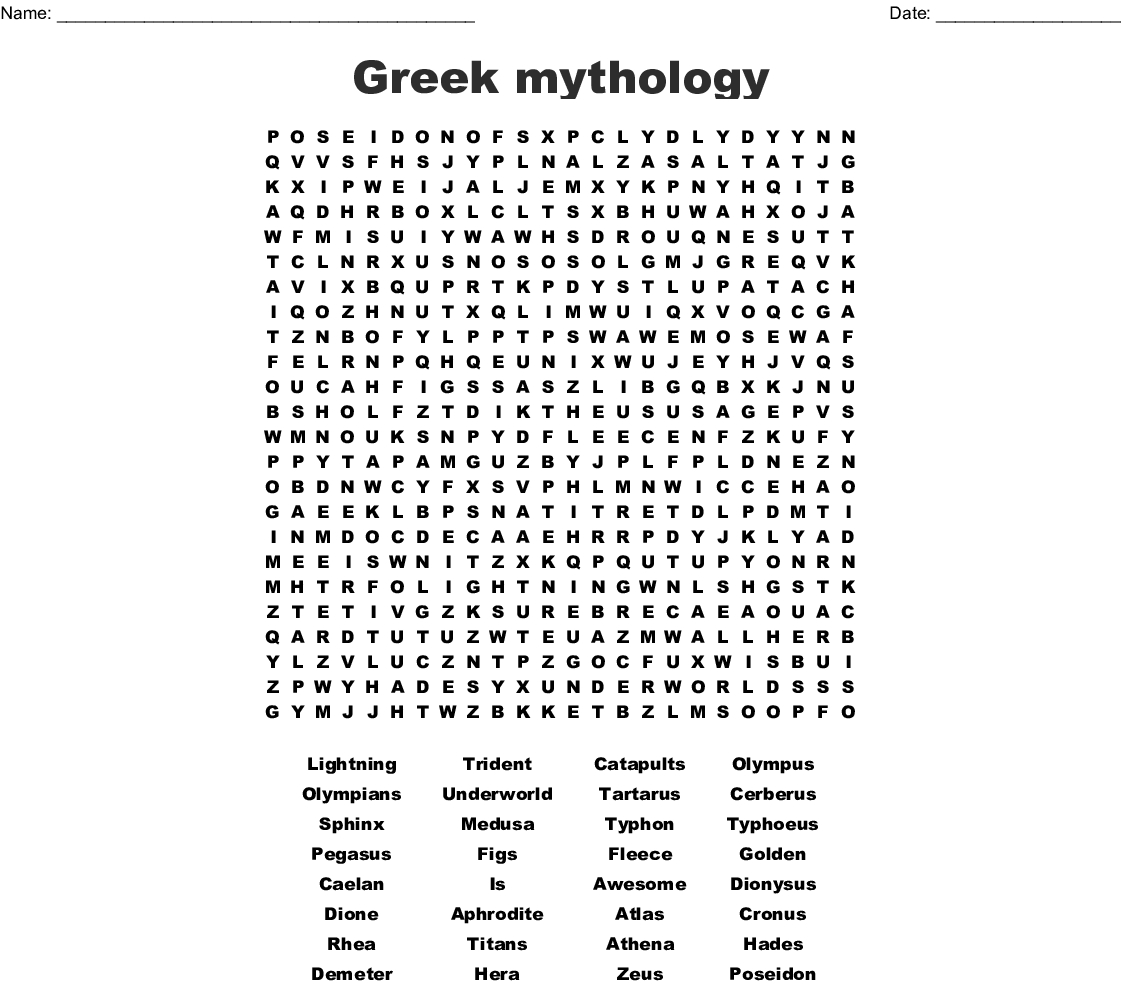Unveiling The Greek Word For Hidden: A Journey Through Language & Mystery
From ancient myths to modern-day secrets, the concept of what is concealed has always fascinated humanity. When we delve into the rich tapestry of the Greek language, exploring the Greek word for hidden reveals more than just a simple translation; it uncovers layers of meaning, philosophy, and cultural significance. The very act of seeking what is hidden is embedded deeply within Greek thought, influencing everything from their mythology to their scientific endeavors.
Greek, a language with a history stretching back millennia, offers a profound lens through which to examine this universal concept. It is a language that has shaped Western thought, providing the etymological roots for countless English words. Today, Greek continues to thrive as the official language of Greece and Cyprus, and holds a place as one of the 24 official languages of the European Union. Spoken by at least 13.5 million people, including 10.7 million in Greece and 1.1 million in Cyprus, its influence extends far beyond its geographical borders, reaching communities in Australia, Albania, Italy, Ukraine, Turkey, Romania, and Hungary. This global presence underscores the enduring legacy of a language whose alphabet, used since 900 BC, was the first writing system to employ a separate symbol for each vowel and consonant, making it the oldest alphabetic system known.
Kryptós: The Core Greek Word for Hidden
When most people think of the Greek word for hidden, the term that often comes to mind, even if unconsciously, is "kryptós" (κρυπτός). This ancient Greek adjective directly translates to "hidden," "secret," or "concealed." Its profound influence is evident in numerous English words we use today, such as "cryptic," meaning mysterious or obscure; "cryptography," the art of secret writing; and "crypt," a hidden chamber or vault. The very root speaks to something deliberately put out of sight, something that requires effort or insight to uncover.
The term "kryptós" isn't merely about physical concealment. It extends to abstract concepts: hidden meanings, secret knowledge, or even emotions kept out of public view. Imagine a cryptic message – its meaning is intentionally obscured, requiring decryption. Consider a crypt, a hidden vault, often beneath a church, designed to conceal remains or sacred artifacts. In ancient Greek literature and philosophy, "kryptós" could refer to truths that were not immediately apparent, requiring deeper contemplation or initiation to grasp. For instance, certain philosophical doctrines were considered "kryptós" to the uninitiated, reserved for those who had undergone rigorous study. This multi-faceted nature makes "kryptós" a powerful and versatile term, embodying the essence of what it means for something to be truly hidden, whether by design, nature, or circumstance.
The ubiquity of this root in English highlights how deeply Greek thought has permeated Western linguistic consciousness. From the clandestine operations of spies to the complex algorithms that secure our digital lives, the concept of "kryptós" remains a cornerstone of how we articulate and interact with the unseen and the secret. It’s a testament to the enduring power of the Greek language to provide precise and evocative terms for fundamental human experiences.
Etymological Roots: Tracing the Path of Concealment
The journey of understanding the Greek word for hidden begins with its etymology, a fascinating dive into the historical layers of language. "Kryptós" stems directly from the verb "krýptō" (κρύπτω), which means "to hide," "to conceal," or "to cover." This verb itself is believed to have ancient Indo-European roots, specifically from the Proto-Indo-European *krewb-, meaning "to cover," "to hide." This deep historical lineage suggests a long-standing human preoccupation with the act of hiding and being hidden, a concept as old as human civilization itself.
This etymological connection between the adjective "kryptós" and the verb "krýptō" highlights the active nature of concealment. Something is not just "hidden" passively; it is "hidden" by an agent or a force. This active concealment can imply intent – a deliberate act to obscure, protect, or keep secret. Think of a treasure buried to keep it safe, or a secret carefully guarded to prevent its revelation. However, it can also suggest a natural process, where something is inherently difficult to perceive or understand due to its nature or environment. For example, a rare species might be "hidden" in a remote jungle, not by human design, but by its natural habitat.
The nuance here is important: "krýptō" implies an action, a dynamic process of making something unseen. This active sense of hiding is crucial to understanding how the Greeks perceived the world. They were not just observers of hidden things, but often active participants in either hiding or seeking to uncover them. The study of these linguistic roots offers a fascinating glimpse into how the ancient Greeks conceptualized the unseen world around them, whether it was a physical object, a piece of information, or a deeper, more profound truth. It’s a reminder that words carry history, and by tracing their origins, we can better understand the cultures that forged them.
Beyond Kryptós: Nuances of the Unseen and Unknown
While "kryptós" stands as the most direct Greek word for hidden, the richness and precision of the Greek language allow for a more nuanced exploration of concealment. Different terms convey distinct shades of meaning, reflecting various ways something might be unseen, unknown, or kept secret. These variations provide a deeper understanding of the Greek mindset regarding what lies beneath the surface, showcasing a linguistic sophistication that distinguishes between mere invisibility, unnoticed presence, and sacred secrecy.
This linguistic diversity is a hallmark of a culture that valued detailed observation and philosophical inquiry. The Greeks were keen observers of both the natural world and the complexities of human experience, and their language evolved to articulate these subtleties. By examining these additional terms, we gain a more comprehensive picture of how the concept of "hidden" resonated through different facets of ancient Greek life and thought.
Aphanēs: The Invisible and Obscure
"Aphanēs" (ἀφανής) is another significant Greek term that relates to the concept of being hidden, though it carries a slightly different connotation than "kryptós." Derived from the privative prefix "a-" (meaning "not" or "without") and "phaínō" (meaning "to show" or "to appear"), "aphanēs" literally translates to "unseen," "invisible," or "obscure." The key distinction here lies in the absence of appearance rather than an intentional act of concealment.
Unlike "kryptós," which often implies a deliberate hiding, "aphanēs" can refer to something that simply does not appear or is not perceptible. It might be out of sight due to natural processes, faded by time, or simply no longer existing. For instance, an ancient ruin might be described as "aphanēs" if it has been swallowed by earth and vegetation over centuries, not necessarily intentionally hidden by humans, but simply no longer visible to the casual observer. In a more abstract sense, an "aphanēs" person might be someone who is obscure, unknown, or has disappeared without a trace, their presence simply not manifesting in the public sphere.
This word emphasizes the state of being unseen or imperceptible, rather than the active process of hiding. It speaks to things that fade into obscurity, become indistinct, or are simply beyond the range of perception. This subtle but important distinction enriches the spectrum of what is considered "hidden" in Greek thought, moving beyond deliberate secrecy to encompass the vast realm of what is simply not apparent to the senses or to knowledge.
Lanthánō: Escaping Notice and Latency
The verb "lanthánō" (λανθάνω) provides yet another fascinating dimension to the idea of being hidden, focusing on the concept of escaping notice. It means "to escape notice," "to be unknown to," or "to be concealed from" someone. Its aorist participle, "lathōn" (λαθών), often appears in contexts where an action is performed without someone's knowledge, or something happens unnoticed. This root is famously found in the English word "latent," referring to something present but not yet visible, active, or developed – a hidden potential or quality that exists but hasn't manifested.
Consider the phrase "to do something lathōn," which effectively means "to do something secretly" or "without being noticed." This highlights a passive form of being hidden – not necessarily by active concealment, but by simply going unnoticed or escaping detection due to its subtle nature or the inattentiveness of others. A latent talent, for example, is hidden within an individual, not actively concealed, but simply not yet recognized or developed. A disease might be latent, existing in the body without showing symptoms, thus "escaping notice."
This concept of latency is crucial in many fields, from psychology (latent desires) to geology (latent seismic activity). It underscores the Greek language's capacity to articulate complex ideas about things that exist beneath the surface, waiting for the right conditions to emerge or for an observer to become aware of them. It’s a powerful word for describing the quiet, unobserved existence of things that nevertheless have a profound presence or potential.
Mystikós: The Sacred and Secret
While not a direct translation of "hidden," "mystikós" (μυστικός) is intrinsically linked to the concept of secrecy and hidden knowledge, particularly in a spiritual, religious, or esoteric context. Derived from "mýstēs" (μύστης), meaning an "initiate" into religious mysteries, "myst

Greek Word Search | Learn Greek Activities | Greek Worksheet | Instant

Greek Word For Search

Pin by Juliana Nahmias on Ελληνικά | Greek phrases, Greek language